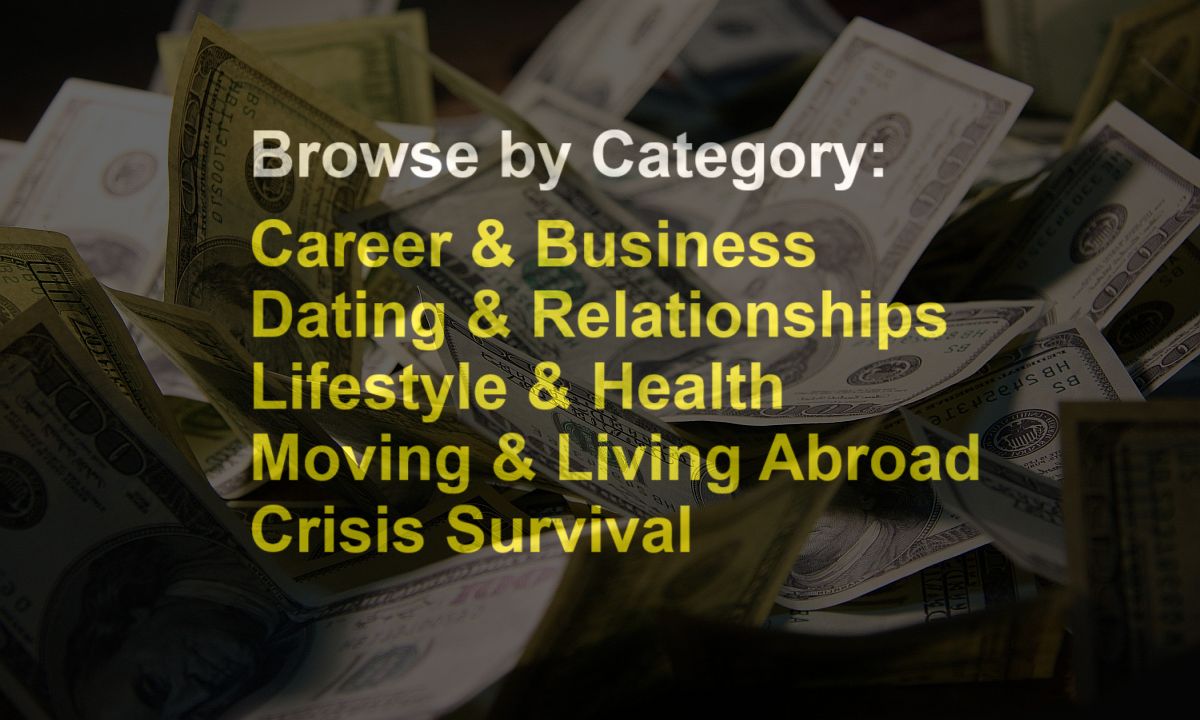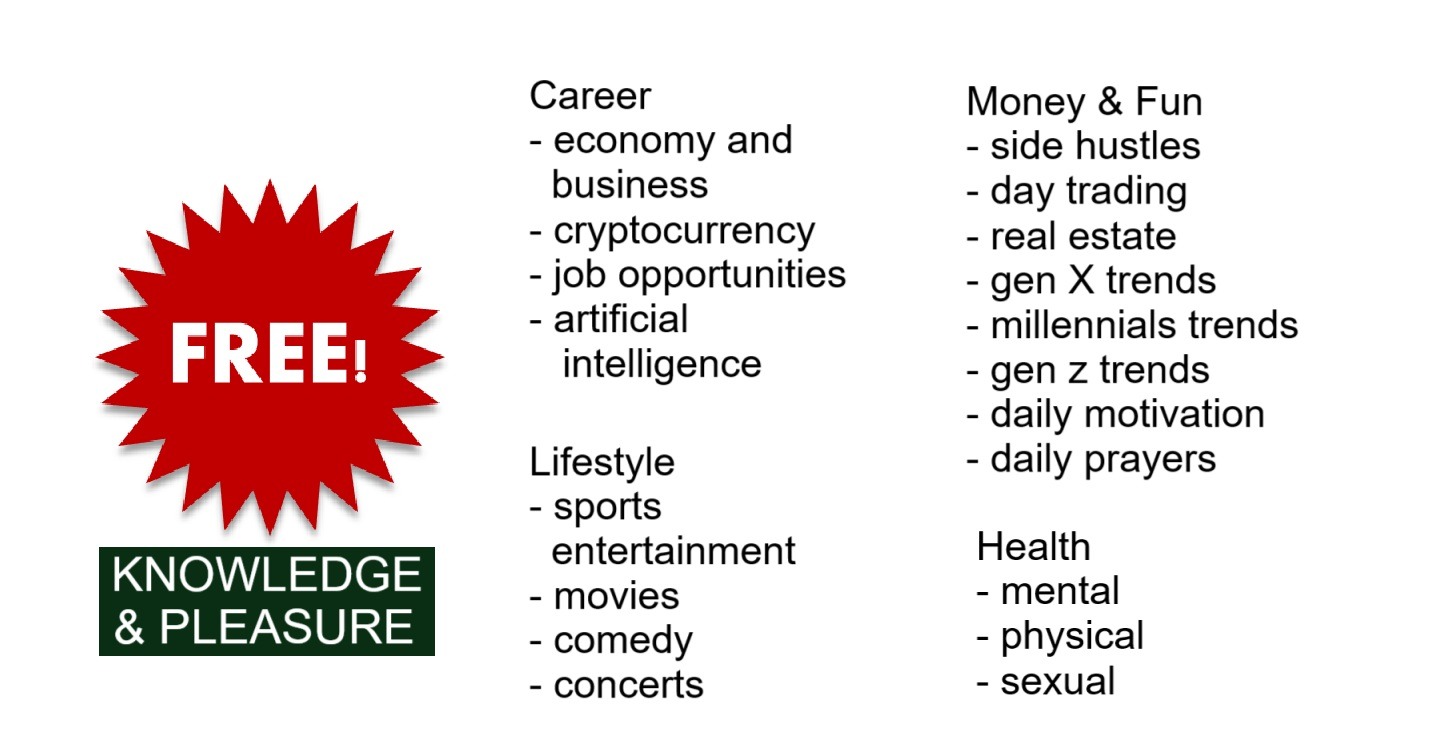Last Updated on April 13, 2025 by Royce Pierpont
The oil and gas industry is known for its cyclical nature, prone to booms and busts driven by global economics, political shifts, and technological advancements. If you’ve recently been laid off, or are facing the looming threat of one, you’re not alone. While the experience can be jarring, it’s crucial to remember that this isn’t the end of your career. It’s a turning point, an opportunity to strategically re-engineer your skills and experience for a new chapter. This guide is designed to empower you with the knowledge and strategies needed to navigate the job market, overcome challenges, and land a fulfilling new role, even outside the oil patch.
Understanding the Lay of the Land: Challenges and Hurdles
Before diving into job-hunting strategies, it’s essential to acknowledge the challenges you’ll face. Recognizing these hurdles upfront will allow you to develop targeted solutions and approach your job search with realistic expectations.
- Industry-Specific Skills and Transferability: Your expertise in oil and gas extraction is valuable, but the direct translation of those skills to other industries may not always be immediately apparent to employers. You might have deep knowledge of drilling operations, reservoir management, or pipeline engineering. The challenge lies in demonstrating how those skills – problem-solving under pressure, data analysis, risk assessment, project management, and technical proficiency – are transferable to other sectors.
- Education and Training Gaps: Depending on your previous role, you might require additional training or certifications to enhance your competitiveness in new fields. For example, a petroleum engineer might benefit from courses in data science or renewable energy technologies. Assessing your skills against the requirements of your desired roles is crucial.
- Perceived Obsolescence: The rapid pace of technological change can lead to a perception of obsolescence, even if you possess valuable experience. This is particularly relevant in areas like software and automation. Addressing this requires proactively updating your skills and highlighting your adaptability and willingness to learn.
- The Rise of AI and Robotics: While AI and robotics are increasingly integrated into the oil and gas sector, their impact extends to many other industries. Be aware that some roles may be automated in the future. Focus your job search on areas where human expertise, critical thinking, and complex problem-solving remain essential.
- Competition: You’re not just competing with other laid-off oil and gas professionals. You’ll also be up against recent graduates, individuals with experience in the target industry, and those seeking a career change. Understanding your competition is key to differentiating yourself and positioning yourself as the best candidate.
- The Psychological Impact of Layoff: Job loss can significantly impact your self-esteem and confidence. Dealing with the emotional stress of unemployment is as important as the practical aspects of job searching. Seek support from friends, family, or a career counselor to maintain a positive mindset.
Re-Engineering Yourself: A Strategic Approach
Overcoming these challenges requires a proactive and strategic approach to re-engineering your skills, experience, and mindset.
- Self-Assessment and Goal Setting:
- Identify Your Skills: Create a comprehensive inventory of your technical skills, soft skills (communication, teamwork, leadership), and transferable skills. Use online skills assessments and reflect on your past projects to identify your strengths and areas for improvement.
- Define Your Interests: What are you passionate about? What kind of work environment do you thrive in? Explore different industries and roles that align with your interests and values.
- Set Realistic Goals: Don’t limit yourself, but be realistic about the job market and the time it may take to find the right opportunity. Set short-term and long-term career goals and develop a plan to achieve them.
- Skill Enhancement and Education:
- Identify Skill Gaps: Compare your skills with the requirements of your desired roles and identify any gaps.
- Pursue Relevant Training: Enroll in online courses, workshops, or certification programs to acquire new skills or enhance existing ones. Consider areas like:
- Data Science and Analytics: Proficiency in data analysis tools and techniques is highly valued across many industries.
- Renewable Energy Technologies: As the world transitions to cleaner energy sources, knowledge of solar, wind, and other renewable technologies is in high demand.
- Project Management: Certifications like PMP can demonstrate your ability to manage complex projects effectively.
- Software Proficiency: Learn or improve your skills in relevant software programs, such as CAD, programming languages, or data visualization tools.
- Leverage Free Resources: Explore free online courses and tutorials from reputable institutions like Coursera, edX, and Khan Academy.
- Consider Government retraining programs: Look at state and federal programs designed to help people re-skill themselves
- Resume and Cover Letter Optimization:
- Focus on Transferable Skills: Highlight your transferable skills in your resume and cover letter, emphasizing how they can benefit the new employer. Use action verbs and quantifiable results to showcase your accomplishments.
- Tailor Your Resume: Customize your resume for each job application, focusing on the skills and experience that are most relevant to the specific role.
- Craft a Compelling Cover Letter: Use your cover letter to tell your story and explain why you’re interested in the position and the company. Address any concerns the employer might have about your background.
- Use Keywords: Research the industry and the specific job descriptions to identify relevant keywords. Incorporate these keywords into your resume and cover letter to improve your chances of getting past applicant tracking systems (ATS).
- Networking and Building Connections:
- Inform Your Network: Let your friends, family, and former colleagues know that you’re looking for a new job.
- Attend Industry Events: Attend conferences, workshops, and networking events in your target industry.
- Leverage LinkedIn: Update your LinkedIn profile and connect with people in your desired field. Join relevant groups and participate in discussions.
- Informational Interviews: Reach out to people working in your target industry and ask for informational interviews. These interviews can provide valuable insights and help you build relationships.
- Job Search Strategies:
- Online Job Boards: Use online job boards like Indeed, LinkedIn, Glassdoor, and Monster to search for job openings.
- Company Websites: Visit the websites of companies you’re interested in working for and check their career pages.
- Recruiting Agencies: Work with recruiting agencies that specialize in your target industry.
- Government Job Programs: Utilize government job programs and resources to find job opportunities and career counseling.
- Interview Preparation:
- Research the Company: Thoroughly research the company you’re interviewing with, including its mission, values, and recent news.
- Practice Common Interview Questions: Prepare answers to common interview questions, such as “Tell me about yourself,” “Why are you interested in this position?” and “What are your strengths and weaknesses?”
- Prepare Questions to Ask: Asking insightful questions demonstrates your interest and engagement.
- Practice Your STAR Method: Use the STAR method (Situation, Task, Action, Result) to structure your answers to behavioral interview questions.
- Dress Professionally: Dress appropriately for the interview, even if it’s a virtual interview.
- Addressing AI and Automation Concerns:
- Emphasize Soft Skills: Highlight your soft skills, such as communication, teamwork, problem-solving, and critical thinking. These skills are difficult for AI and robots to replicate.
- Focus on Complex Tasks: Seek roles that involve complex tasks that require human judgment and creativity.
- Demonstrate Adaptability: Show your willingness to learn new technologies and adapt to changing work environments.
Understanding Your Competition
As a former oil and gas professional, your competition will likely consist of:
- Other Laid-off Oil and Gas Workers: Many will be seeking similar roles, creating a crowded field.
- Industry Insiders: Candidates with direct experience in your target industry.
- Recent Graduates: Individuals with fresh knowledge and potentially lower salary expectations.
- Career Changers: People looking to transition to a new field, often with relevant skills and experience.
How to Effectively Compete:
- Highlight Your Unique Value Proposition: Emphasize the specific skills and experience you bring that differentiate you from other candidates.
- Demonstrate Your Commitment: Show your genuine interest in the target industry and your willingness to learn and grow.
- Network and Build Relationships: Building relationships with people in your target industry can give you a significant advantage.
- Be Persistent: The job search process can be challenging and time-consuming. Don’t get discouraged by rejections. Keep learning, networking, and applying for jobs.
Moving Forward with Confidence
Losing a job in the oil and gas industry can be a difficult experience, but it’s also an opportunity for growth and reinvention. By understanding the challenges, re-engineering your skills, and adopting a strategic approach to job searching, you can successfully transition to a fulfilling new career. Remember to stay positive, persistent, and proactive, and you’ll be well on your way to landing your next great opportunity. The skills you honed in the demanding environment of oil and gas extraction are valuable assets, and with the right approach, you can leverage them to achieve success in a new and exciting chapter of your professional life.









